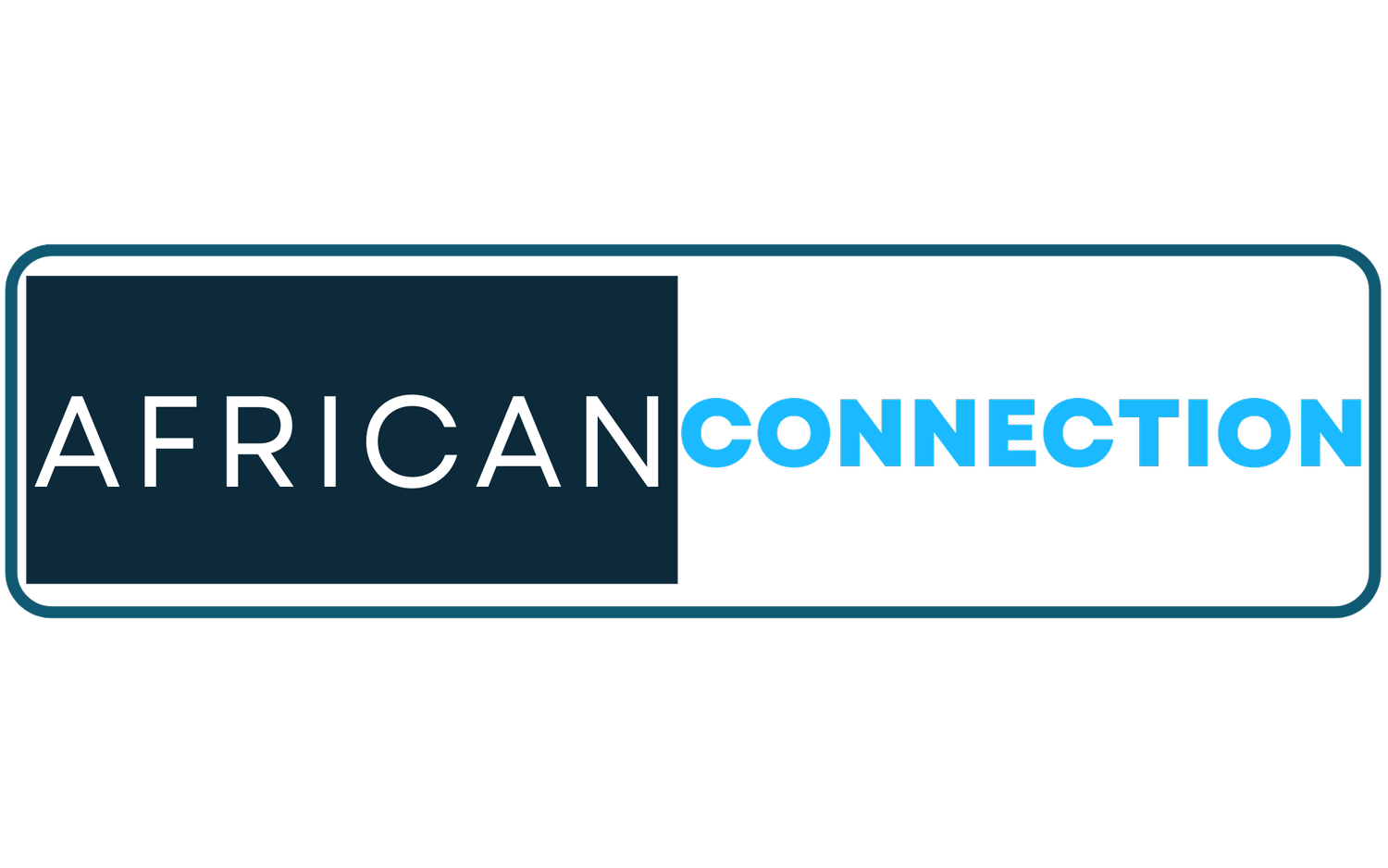In this lesson, we'll explore the strategic use of personal connections in your cover letter to enhance your application. Leveraging relationships with individuals who work for the company you are applying to can significantly strengthen your candidacy.
Mentioning Connections: A Powerful Strategy
1. Building Credibility:
- Importance: Mentioning connections can instantly build credibility with the employer.
- Impact: If a trusted professional already within the company can vouch for your capabilities, it adds a layer of trust to your application.
2. Demonstrating Network Awareness:
- Importance: Acknowledging your network showcases your awareness of industry relationships.
- Impact: It demonstrates that you've done your research and are well-connected, reinforcing your genuine interest in the company.
3. Differentiating Your Application:
- Importance: The job market is competitive, and standing out is crucial.
- Impact: By name-dropping connections, you differentiate yourself from other applicants and highlight your alignment with the company culture.
4. Establishing a Personal Touch:
- Importance: Recruitment is not just about skills but also about cultural fit.
- Impact: Mentioning connections brings a personal touch to your application, suggesting that you align with the company's existing talent.
Properly Incorporating References: Dos and Don'ts
Dos:
1. Mentioning at the Right Time:
- Best Practice: Incorporate the name-drop naturally within your cover letter.
- Explanation: It should seamlessly fit into the context of your discussion about your interest in the company and the role.
2. Emphasizing Relevant Connections:
- Best Practice: Highlight connections that are relevant to the position or department.
- Explanation: Emphasizing connections with professionals in roles similar to the one you're applying for adds more weight to your application.
3. Expressing Gratitude for Insights:
- **Best Practice:** If your connection has provided insights into the company, express gratitude.
- **Explanation:** This shows that you value the information you've gained through your network and that you're serious about your application.
Don'ts:
1. Forcing Name-Dropping:
- Best Practice:*Only mention connections if it feels natural and relevant.
- Explanation: Forced name-dropping can come across as insincere and may not add value to your application.
2. Relying Solely on Connections:
- Best Practice: While connections are valuable, ensure your cover letter also highlights your skills and qualifications.
- Explanation: Relying solely on connections may give the impression that you lack confidence in your own abilities.
3. Assuming Familiarity:
- Best Practice: Clearly state your connection's name and relationship to you.
- Explanation: The hiring manager may not be familiar with your connection, so providing context is essential.
Example:
Dear [Hiring Manager's Name],
I am writing to express my keen interest in the [Job Title] position at [Company Name]. Having recently spoken to [Connection's Name], a valued member of your [Department/Team], I was inspired by their insights into the innovative projects at [Company Name].
During our conversation, [Connection's Name] emphasized the collaborative and forward-thinking culture that defines your organization. This resonates deeply with my own professional values, and I am eager to contribute my [specific skills or experiences] to further enhance the success of [Company Name].
I believe that my background in [Your Relevant Experience] positions me well for the challenges outlined in the job description. I am particularly drawn to [specific aspect of the role], and I am excited about the prospect of bringing my [mention a unique quality or skill] to your esteemed team.
Thank you for considering my application. I look forward to the opportunity to discuss how my skills align with the needs of [Company Name] in greater detail.
Sincerely,
[Your Full Name]
Conclusion:
Leveraging personal connections can be a strategic advantage in your job application. When done appropriately, mentioning connections in your cover letter can provide an extra layer of credibility, showcase your network awareness, and help your application stand out in a competitive job market.


